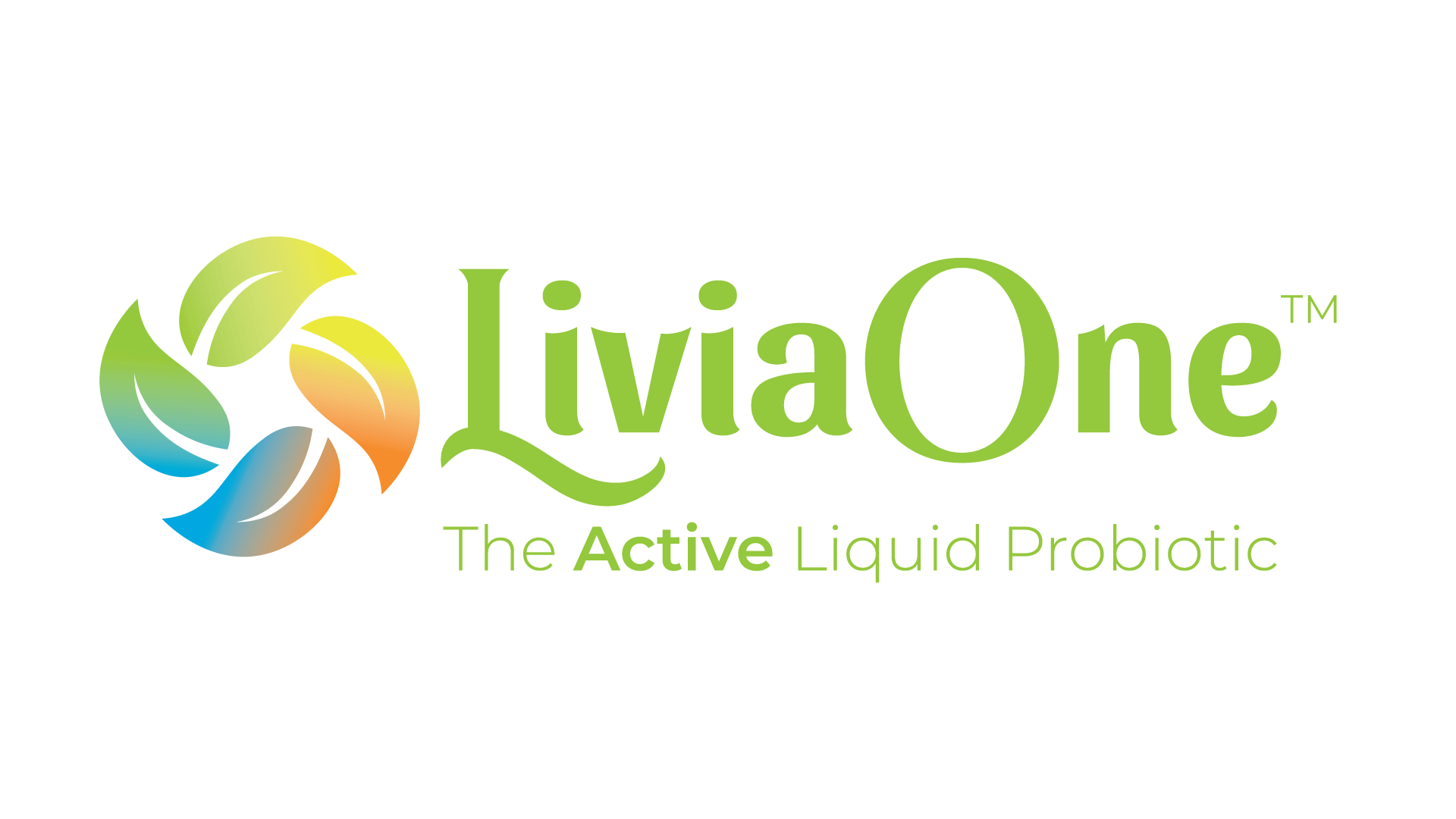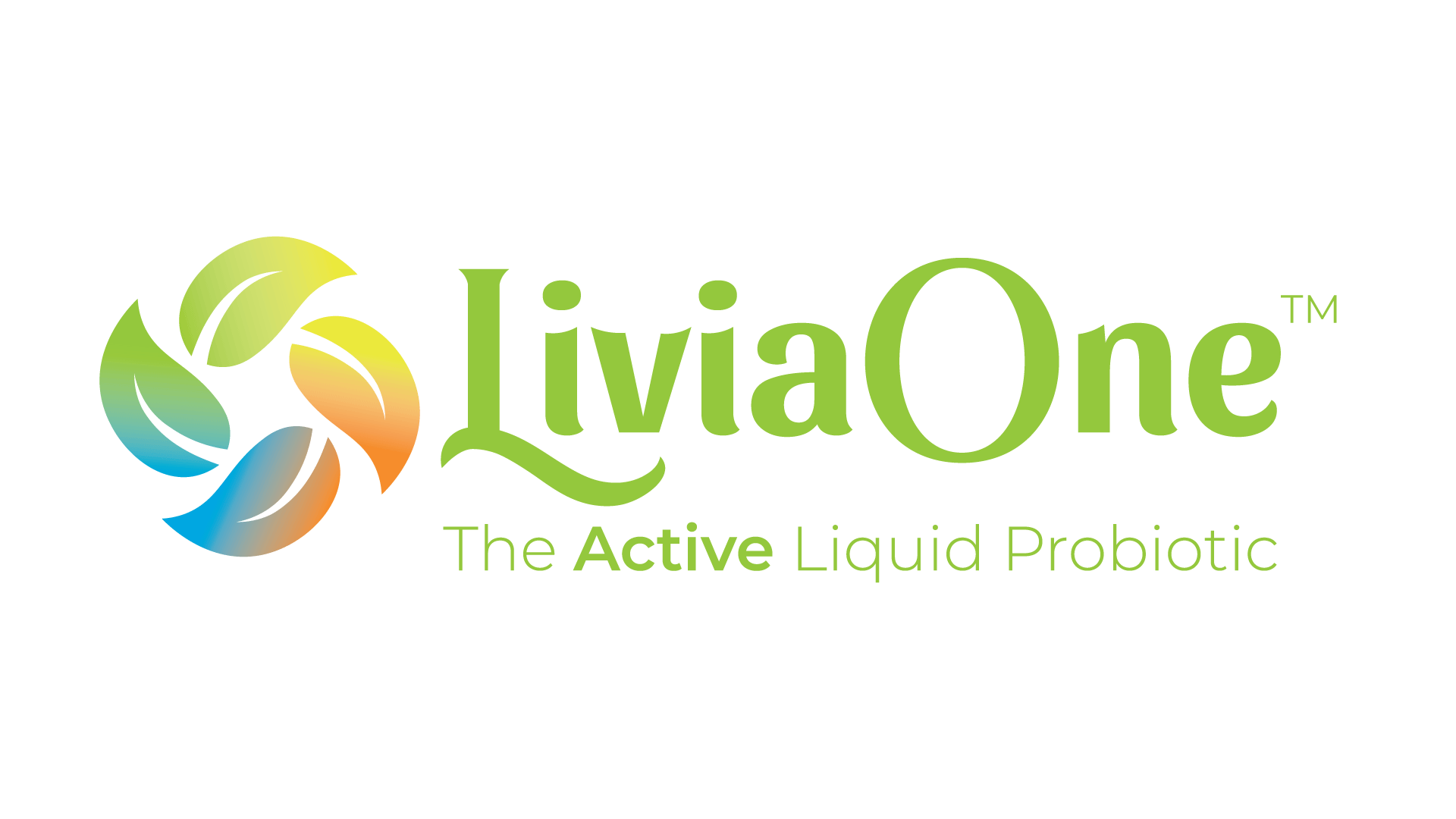Lactobacillus Reuteri
Lactobacillus reuteri is a type of probiotic bacteria that is found in the gut flora of some mammals and birds. Probiotics, as defined by the Food and Agricultural Organization of the United Nations, are "live microorganisms which, when administered in adequate amounts, confer a health benefit on the host."(1) Those in the H. reuteri strain may stop or reduce the overproduction of pathogens. They may also inhibit pathogens' production of virulence factors. L. reuteri has been shown to be an effective therapy in treating infantile colic,(2) acute diarrhea,(3) rotavirus,(4) gardnerella vaginalis(5) and alleviating the occurrences of eczema.(6) They also show promise in the reduction of workplace sicknesses(7) and the suppression of infections related to H. pylori.(8)
Scientists have been aware of L. reuteri since early in the 20th century, when it was mistakenly classified as a member of Lactobacillus fermentum. Scientists began to conduct more research on the probiotic when it was discovered to be colonizing in animal intestines. Unique strains of L. reuteri have been found in the respective guts of pigs, sheep, chickens and rodents. German microbiologist Gerhard Reuter first isolated L. reuteri from L. fermentum in intestinal and fecal samples from humans during the 1960s. L. reuteri is now considered to be an indigenous component of some, but not all, human gastrointestinal tracts. It is viewable on the mucosa of the duodenum, gastric antrum, gastric corpus and ileum.(9-10)
Walter Dobrogosz, Ivan Casas, and their fellow researchers conducted additional studies in the early 1980s. They discovered that L. reuteri is able to ferment glycerol, thus resulting in the designation of a broad-spectrum antibiotic substance. Dobrogosz and his colleagues named the probiotic "reuterin" in honor of Gerhard Reuters. The discovery of its significant properties led to more research. The existence of L. reuteri has been found a number of foods, including meat products and milk. In 2008, it was established that L. reuteri's ability to produce reuterin in the gastrointestinal tract enhanced its effectiveness in reducing the growth of harmful E. coli bacteria. Reuterin's relative safety as an anti-microbial agent was highlighted when it was confirmed that four to five times the amount of reuterin would be needed to vanquish beneficial bacteria than the amount necessary to eliminate "bad" bacteria.(11)
Lactobacillus Reuteri Benefits
Helps Prevent Infections
L. reuteri is a naturally occurring substance in humans, but the probiotic is not present in all people. Some people need daily supplements to introduce and keep adequate levels. The L. reuteri bacteria begin to colonize only days after supplements are ingested. While present in the body, the bacteria can provide strong protection against infections and help maintain a healthy immune system. The probiotic colonies can shut down after ingestion has been discontinued, so it is crucial to go on with taking dosages of L. reuteri to achieve the sought-after benefits.
Heals Colic
A 2006 study showed that infants given L. reuteri as a supplement over several weeks spent less time crying each day. Intense, sustained periods of crying are key symptoms of colic, as the condition is believed to cause considerable gastrointestinal pain in babies. Colic has been a puzzling idiopathic condition for centuries, and babies endure the condition for weeks to months of their early lives. L. reuteri was also shown to have greater efficacy than simethicone, which for years has been the traditional therapy for colic.(12)
Treats and Prevents Diarrhea
It has been demonstrated that L. reuteri is capable of effectively treating diarrhea, particularly when it is a symptom of rotavirus among children. When administered versus a placebo, children recovered more quickly from the illness,(13) greatly lessening the possibility of dehydration and other dangerous effects of rotavirus. Rotavirus is estimated to cause the deaths of some 500,000 children under the age of five each year. L. reuteri may also be used as a preventive measure. Children who receive daily doses of the probiotic while healthy are less likely to contract diarrhea and/or rotavirus.
Prevents and Treats Female Urogenital Tract Infections
The RC14 strain of L. reuteri is very effective as not just a therapy, but also a preventive measure against yeast infections, urinary tract infections and gardnerella vaginalis.(14) Many women experience these uncomfortable conditions on a chronic basis. Taking at least 10 billion colony-forming units (cfu) per day of RC14 can greatly improve urogenital health, reducing the likelihood that these troublesome infections will return.
Suppresses Occurrences of Eczema
A study conducted by a group of Swedish scientists in 2007 shows that infants born to eczema-prone women who ingested L. reuteri during pregnancy were less likely to develop the rash(15) that produces itchy, scaly skin. When the infants in the study were given L. reuteri immediately after birth and for the next six months (versus a placebo), there was a significant reduction in the number of those who developed eczema following ingestion of the probiotic versus those who were administered the placebo. L. reuteri may also be an effective treatment for children who already have eczema.
Supports Dental Health
L. reuteri destroys streptococcus mutans, which hastens tooth decay. In tests conducted with a number of forms of probiotic bacteria, L. reuteri was the only species that halted the production of S. mutans.(16) The use of chewing gum made with L. reuteri may also help to prevent gingivitis.(17) Inflammation of the gums and the related symptoms of gingivitis may subside or be eradicated completely with products made with appropriate dosages of L. reuteri.
May Eradicate H. Pylori Bacteria
There is limited evidence that L. reuteri may reduce the presence the bacteria Helicobacter pylori, which is responsible for causing peptic ulcers.(18) This bacteria strain is also prevalent in developing nations with sub-par sanitation standards.
Safety of Lactobacillus Reuteri
L. Reuteri is generally well tolerated when taken in appropriate dosages. Gastrointestinal problems may result in some patients, and an increase in nausea has been reported among HIV patients.
REFERENCES:
(1) FAO/WHO: Health and Nutritional Properties of Probiotics in Food including Powder Milk with Live Lactic Acid Bacteria. Report of the Joint Food and Agriculture Organization (FAO) of the United Nations/World Health Organization (WHO) Expert Consultation on Evaluation of Health and Nutritional Properties of Probiotics in Food Including Powder Milk with Live Lactic Acid Bacteria.
(2) Savino F, Pelle E, Palumeri E, Oggero R, Miniero R: Lactobacillus reuteri (American Type Culture Collection Strain 55730) versus simethicone in the treatment of infantile colic: a prospective randomized study. Pediatrics 2007, 119(1): 124-130.
(3) Shornikova AV, Casas IA, Isolauri E, Mykkanen H, Vesikari T: Lactobacillus reuteri as a therapeutic agent in acute diarrhea in young children. Journal of Pediatric Gastroenterological Nutrition 1997, 24(4): 399-404.
(4) Shornikova AV, Casas IA, Mykkanen H, Salo E, Vesikari T: Bacteriotherapy with Lactobacillus reuteri in rotavirus gastroenteritis. Pediatric Infectious Disease Journal 1997, 16(12): 1103-1107.
(5) Saunders S, Bocking A, Challis J, Reid G: Effect of Lactobacillus challenge on Gardnerella vaginalis biofilms. Colloids Surf B Biointerfaces 2007, 55(2): 138-142.
(6) Abrahamsson TR, Jakobsson T, Bottcher MF, Fredrikson M, Jenmalm MC, Bjorksten B, Oldaeus G: Probiotics in prevention of IgE-associated eczema: a double-blind, randomized, placebo-controlled trial. Journal of Allergy and Clinical Immunology 2007, 119(5): 1174-1180.
(7) Tubelius P, Stan V, Zachrisson A: Increasing work-place healthiness with the probiotic Lactobacillus reuteri: a randomized, double blind, placebo-controlled study. Environmental Health 2005, 4:25.
(8) Imase K, Tanaka A, Tokunaga K, Sugano H, Ishida H, Takahashi S: Lactobacillus reuteri tablets suppress Helicobacter pylori infection a double-blind randomized placebo-controlled cross-over clinical study. Kansenshogaku Zasshi 2007, 81(4): 387-393.
(9) Reuter G: The Lactobacillus and Bifidobacterium microflora of the human intestine: composition and succession. Current Issues in Intestinal Microbiology 2001, 2(2): 43-53.
(10) Valeur N, Engel P, Carbajal N, Connolly E, Ladefoged K: Colonization and immunomodulation by Lactobacillus reuteri ATCC 55730 in the human gastrointestinal tract. Applied Environmental Microbiology 2004, 70(2): 1176-1181.
(11) Ivan A. Casas Walter J. Dobrogosz: "Validation of the Probiotic Concept: Lactobacillus reuteri Confers Broad-spectrum Protection against Disease in Humans and Animals," Microbial Ecology in Health and Disease, December 1 2000, Volume 12, Number 4.
(12) Savino et al.
(13) Shornikova et al.
(14) Reid G, et al. Oral used of Lactobacillus rhamnosus GR-1 and L fermentum RC-14 significantly alters vaginal flora: randomized, placebo-controlled trial in 64 healthy women. FEMS Immunology & Medical Microbiology, Volume 35, issue 2, pages 131-134, March 2003
(15) Abrahamsson et al.
(16) Nikawa H, Makihira S, Fukushima H, Nishimura H, Ozaki Y, Ishida K, Darmawan S, Hamada T, Hara K, Matsumoto A, Takemoto T, Objectivei R. Lactobacillus reuteri in fermented bovine milk decreases the oral carriage of mutans streptococci. (2004) International Journal of Food Microbiology 95: 219-223.
(17) Krasse P, Carlsson B, Dahl C, Paulsson A, Nilsson , Sinkiewicz G. Decreased gum bleeding and reduced gingivitis by the probiotic Lactobacillus reuteri. (2006) Swedish Dental Journal, 30:55-60.
(18) Imase et al.
For more information:
 A complete description of probiotics, along with groundbreaking recent clinical research illustrating the many ways probiotics can prevent disease, can be found in Probiotics - Protection Against Infection: Using Nature's Tiny Warriors To Stem Infection. This new compendium from one of contributing authors of the content on this page, Dr. Casey Adams, PhD., takes the confusion out of selecting and supplementing with probiotics. Referencing over 500 scientific studies and reports, and with detailed instructions on how to make your own probiotic foods, this book is a must for anyone seeking to understand the power of probiotics, and improve their immunity and vitality. Click here for ordering information.
A complete description of probiotics, along with groundbreaking recent clinical research illustrating the many ways probiotics can prevent disease, can be found in Probiotics - Protection Against Infection: Using Nature's Tiny Warriors To Stem Infection. This new compendium from one of contributing authors of the content on this page, Dr. Casey Adams, PhD., takes the confusion out of selecting and supplementing with probiotics. Referencing over 500 scientific studies and reports, and with detailed instructions on how to make your own probiotic foods, this book is a must for anyone seeking to understand the power of probiotics, and improve their immunity and vitality. Click here for ordering information.
Please read this Disclaimer:
The contents of this site, such as text, graphics, images, information obtained from www.Probiotic.org licensors and other material ("Content") contained on this site is for informational purposes only. The Content is not intended to be a substitute for professional medical advice, diagnosis or treatment. Always seek the advice of your physician or other qualified health provider with any questions you may have regarding a medical condition. Never disregard professional medical advice or delay in seeking it because of something you have read on this site!

